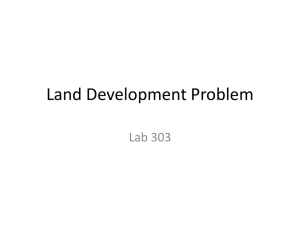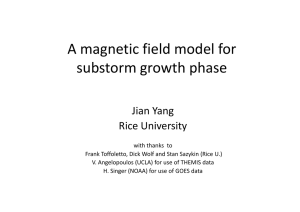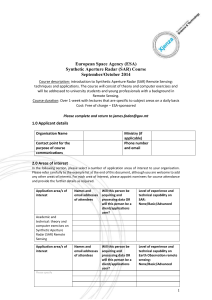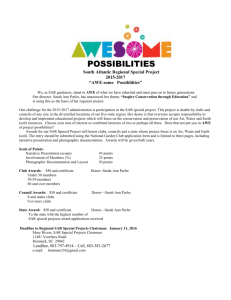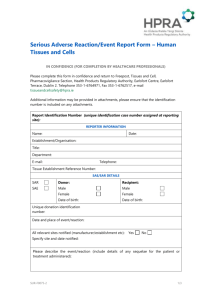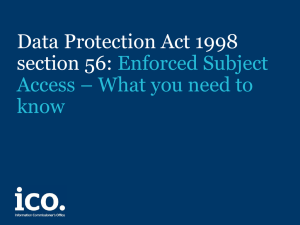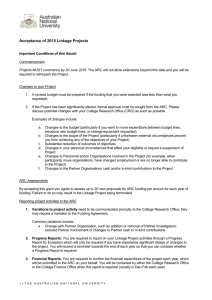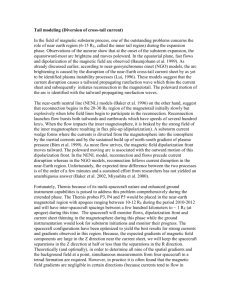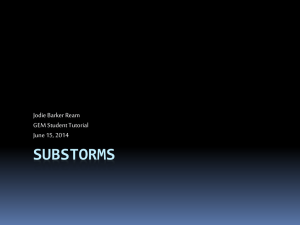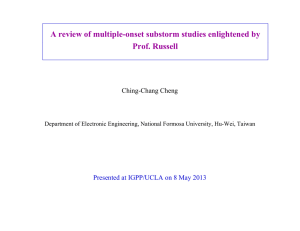It is well known that a persistent southward Interplanetary Magnetic
advertisement
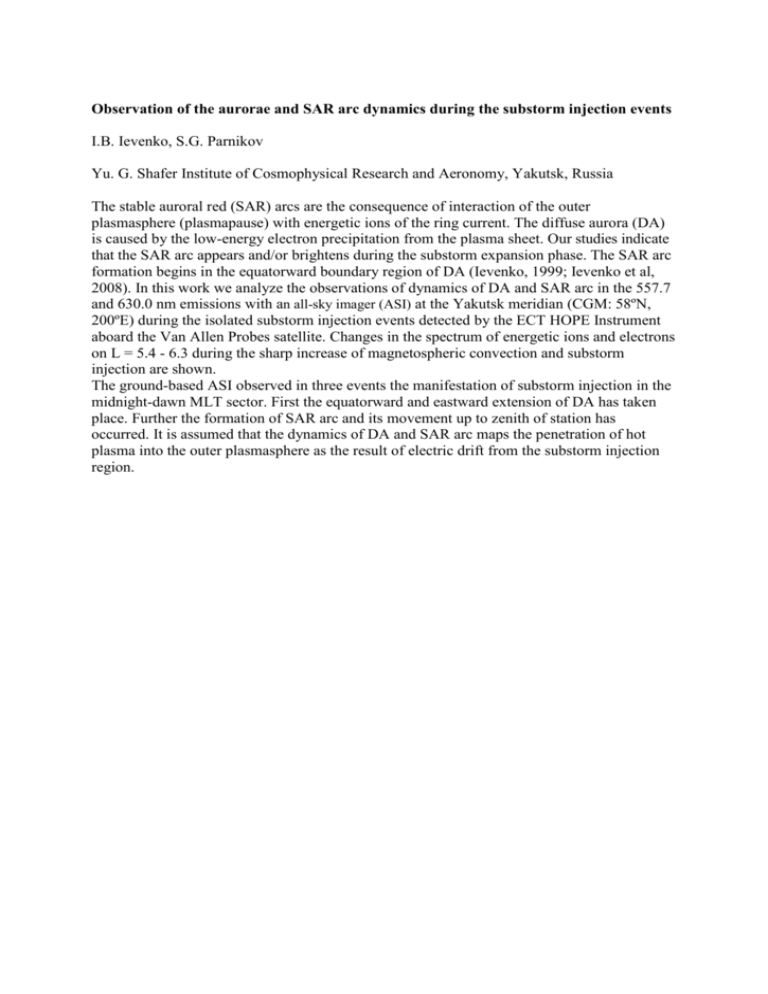
Observation of the aurorae and SAR arc dynamics during the substorm injection events I.B. Ievenko, S.G. Parnikov Yu. G. Shafer Institute of Cosmophysical Research and Aeronomy, Yakutsk, Russia The stable auroral red (SAR) arcs are the consequence of interaction of the outer plasmasphere (plasmapause) with energetic ions of the ring current. The diffuse aurora (DA) is caused by the low-energy electron precipitation from the plasma sheet. Our studies indicate that the SAR arc appears and/or brightens during the substorm expansion phase. The SAR arc formation begins in the equatorward boundary region of DA (Ievenko, 1999; Ievenko et al, 2008). In this work we analyze the observations of dynamics of DA and SAR arc in the 557.7 and 630.0 nm emissions with an all-sky imager (ASI) at the Yakutsk meridian (CGM: 58ºN, 200ºE) during the isolated substorm injection events detected by the ECT HOPE Instrument aboard the Van Allen Probes satellite. Changes in the spectrum of energetic ions and electrons on L = 5.4 - 6.3 during the sharp increase of magnetospheric convection and substorm injection are shown. The ground-based ASI observed in three events the manifestation of substorm injection in the midnight-dawn MLT sector. First the equatorward and eastward extension of DA has taken place. Further the formation of SAR arc and its movement up to zenith of station has occurred. It is assumed that the dynamics of DA and SAR arc maps the penetration of hot plasma into the outer plasmasphere as the result of electric drift from the substorm injection region.
